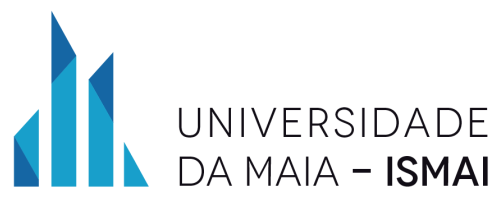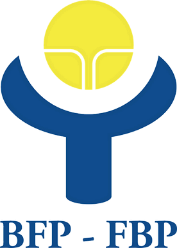In this free hybrid event, which could be attended in person or via live stream, you could learn more about the potential of technology and how to practically implement this (already) in your daily practice.
Over the course of two hours, four speakers shared their experiences and insights.
Topics
1. Teleconsultations in clinical psychology: A brief overview for an adequate practice
João Salgado - Portugal
Before the COVID-19 pandemic, only a small proportion of psychologists had experience in teleconsultations by videoconference or phone, and fewer had had training. After that crisis, the situation changed dramatically, but opportunities for training continue to be scarce and needed. Now, the focus should be on training psychologists in several dimensions, such as delivering adequate clinical and assessment services, following available guidelines, and paying particular attention to cybersecurity issues and ethical demands.
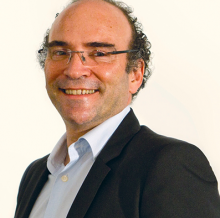 João Salgado João Salgado
|
João Salgado is an Associate Professor, Vice-Rector and the Director of the Laboratory of Psychotherapy Research at ISMAI (University of Maia), Portugal, and a Fellow member of the Center of Psychology at the University of Porto. His main interests in empirical research are focused on psychotherapy research, especially in the domain of depression. His more recent work has been incorporating e-health tools for the assessment and treatment of depression and other mental health problems.
|
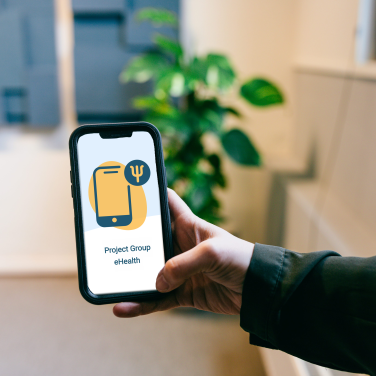
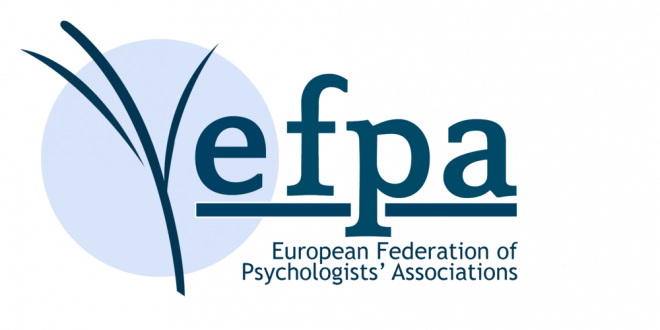
 João Salgado
João Salgado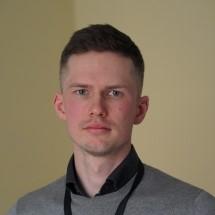 Jonas Eimontas
Jonas Eimontas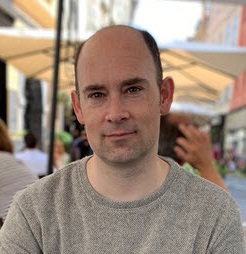 David Gosar
David Gosar Tom Van Daele
Tom Van Daele


